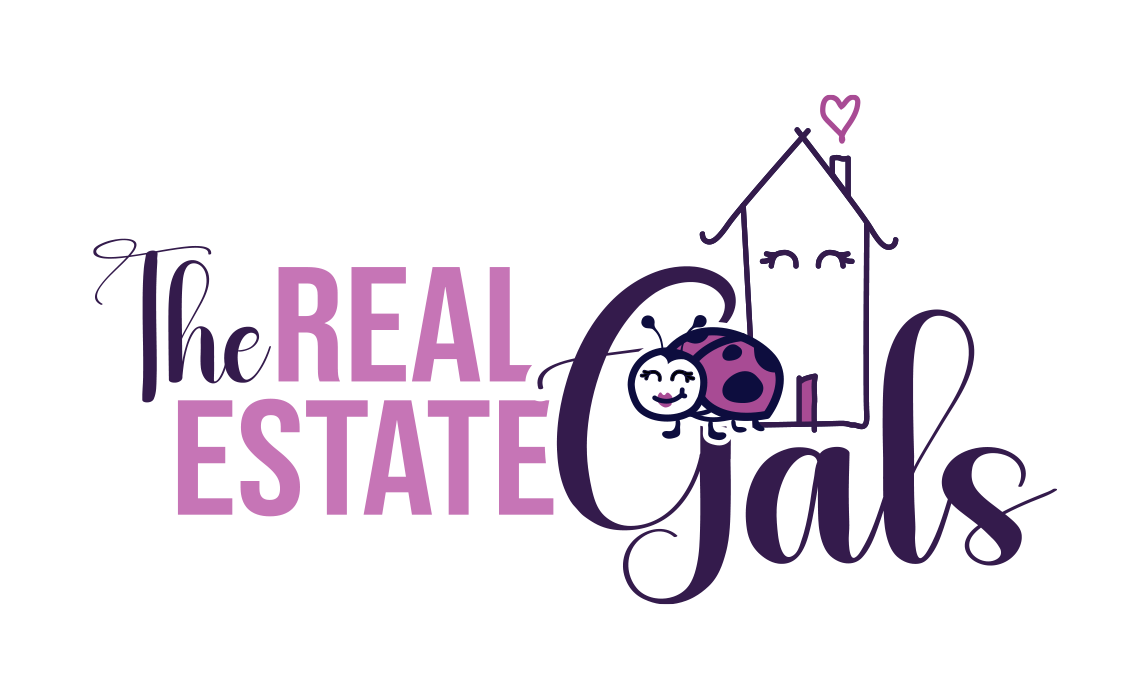Recently I was asked by someone starting the divorce process “how do I pick a lawyer?”. Such a great question! A lawyer is typically someone you only need when you need them, depending on what you need them for. There are corporate lawyers, real estate lawyers, criminal lawyers, personal injury lawyers and many more. Unless you run a multi-million dollar corporation, you likely don’t have one on standby.
So, when you find yourself in a separation or divorce situation for the first time and need legal advice or representation, you need to find a lawyer. Whether it’s through friends or family or an online search, the hunt for the right lawyer can be a daunting task, especially when you are in a stressful and potentially vulnerable situation.
So how do you find the right lawyer for you?
In a separation or divorce, you need a family law attorney. However, within family law there are a number of disciplines, including child custody and support, adoption, prenups and of course, divorce. Some lawyers cover everything, and some specialize.
In a divorce, especially one that might get messy, you want a lawyer that specializes in divorce. I recently spoke to a lawyer friend of mine, and these are some of the main criteria he recommends when choosing a divorce lawyer:
1. Determine if you are able to go the route of Collaboration vs Litigation. Collaborative law is similar to mediation but with both sides working with their own lawyer and two neutral experts who help you find the best solution for the whole family. Litigation is a good match for couples who are fighting or otherwise feeling like they need to defend themselves publicly in a courtroom and is often very expensive.
2. Recommendations from family or friends. Like in real estate, word of mouth is one of the best ways to find a lawyer. If you have family or friends who have gone through a divorce and had a good lawyer, they can give you a first-hand account of what it was like to work with them. Ask them WHY their lawyer was a “good” lawyer for them.
3. Works exclusively in family law. As I said at the beginning, you want a lawyer that specializes, not someone with a multidisciplinary practice. Divorce cases can cover a range of issues from child custody to asset division to business holdings. You want a lawyer who deals with these issues every day and won’t miss an important detail.
4. Experienced. There are a few things here. Because divorce can get complicated, you want a lawyer that has done this many times before and has years of experience, preferring someone with significant experience in cases similar to yours.
5. Busy, but not too busy. While it can be tempting to go with a big name from a big firm, that person may be so busy that you’ll be dealing mainly with junior associates. You may want someone that has direct time for you, which may mean they either have their own practice or are in a smaller firm. You may even spend less money.
6. Assertive, but not aggressive. You want your lawyer to fight for you, but you don’t want someone that is out to antagonize the other party and stir up unnecessary arguments. This will only lead to more back and forth and a potential court battle that not only results in higher legal fees but a higher emotional toll as well. We call this a “conflict cost”.
7. Personality and style. In addition to the above, you want someone whose personality fits with yours. They don’t have to be your best friend, but you want someone who is empathetic to your situation, is honest with you and whom you feel comfortable talking to. After all, you are going to be sharing some very personal things with them. Their style is also important - especially when it comes to organization. Are they a bit dishevelled with papers falling out of folders, or are they neat, professionally dressed and have a relatively clean and organized desk?
8. Has a process, but lets you drive. This speaks to both experience and organization as well, but you want a lawyer that follows a process and explains it to you upfront. This is an emotional time, so having a structure and knowing what you need to do and the steps to expect along the way can greatly ease the stress of the situation. At the same time, this is your life and it’s important that your lawyer listens to your needs and wants and doesn’t try to steer you in a direction that you are not comfortable with.
9. Communication. Lastly, but perhaps most importantly, is communication. You want someone who can clearly communicate the issues with you, especially in complex cases; someone who keeps you updated on proceedings; and someone who answers when you call or gets back to you in a reasonable amount of time.
You’ll want to interview at least two lawyers to determine who is right for you. Give yourself time to find the right fit and ultimately trust your gut in making a final decision. However, in order to properly evaluate your choices, you’ll need a set of questions to help you judge.
I’ve put together a list of questions to ask a potential divorce lawyer to help you determine if they are the right fit for your situation. You can also download it here from my website under Client Resources.
The information provided on this website does not, and is not intended to, constitute legal advice; instead, all information, content, and materials available on this site are for general informational purposes only. Views expressed are my own. Please consult a lawyer for advice on legal matters.


